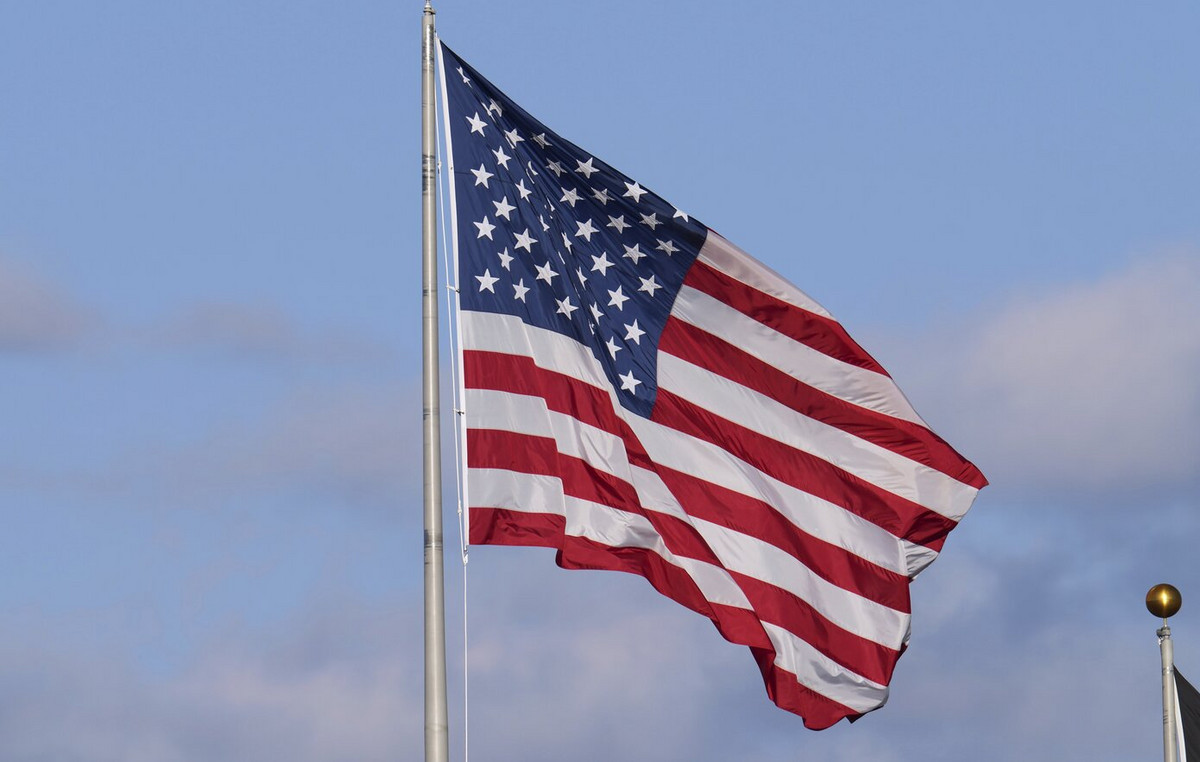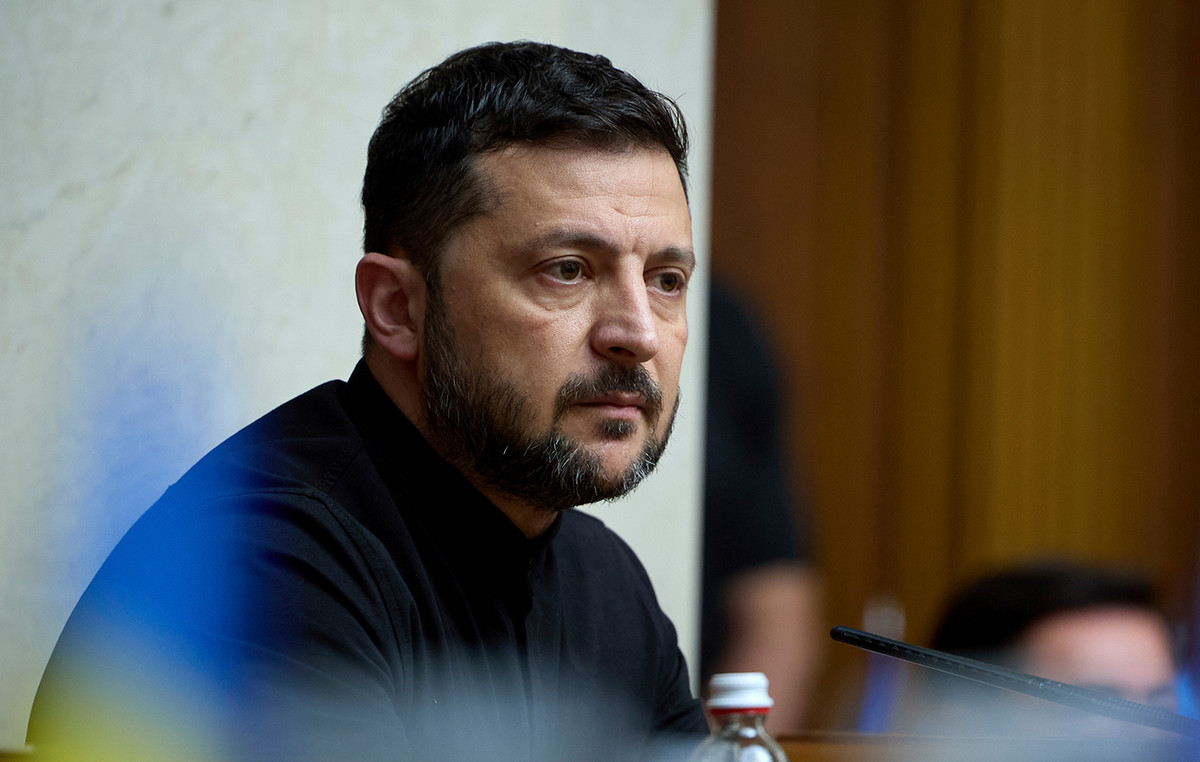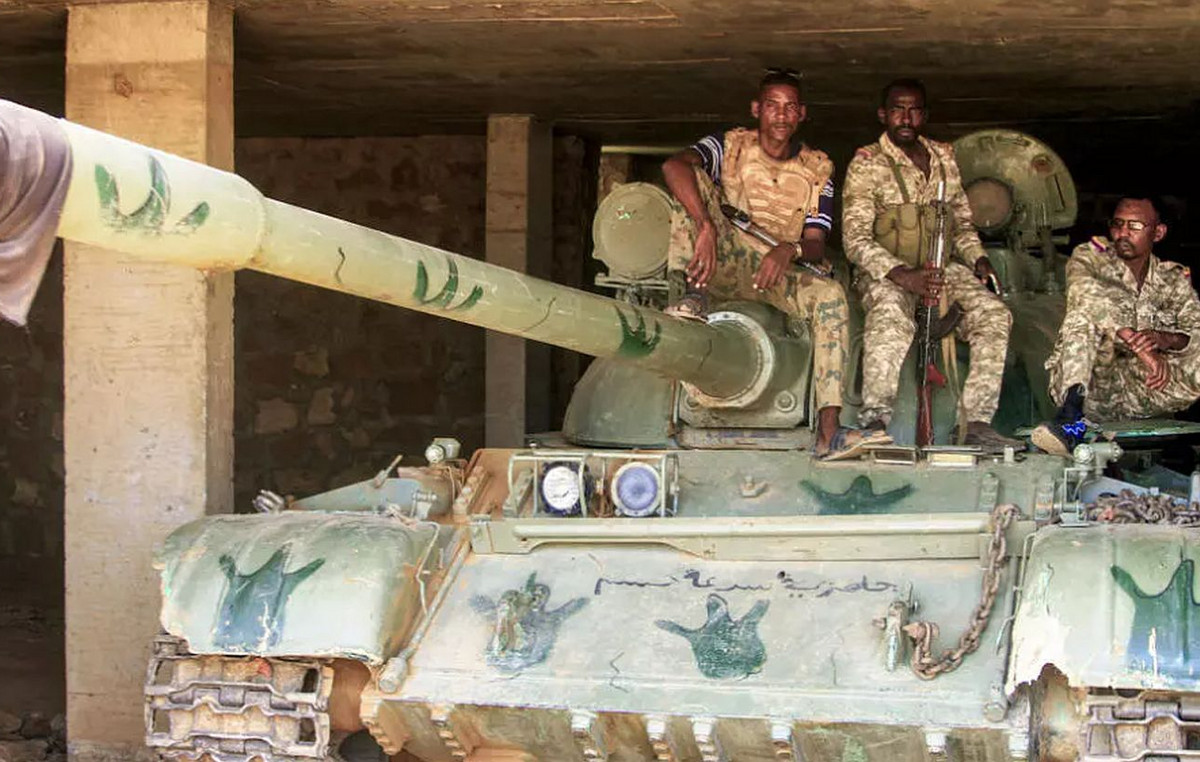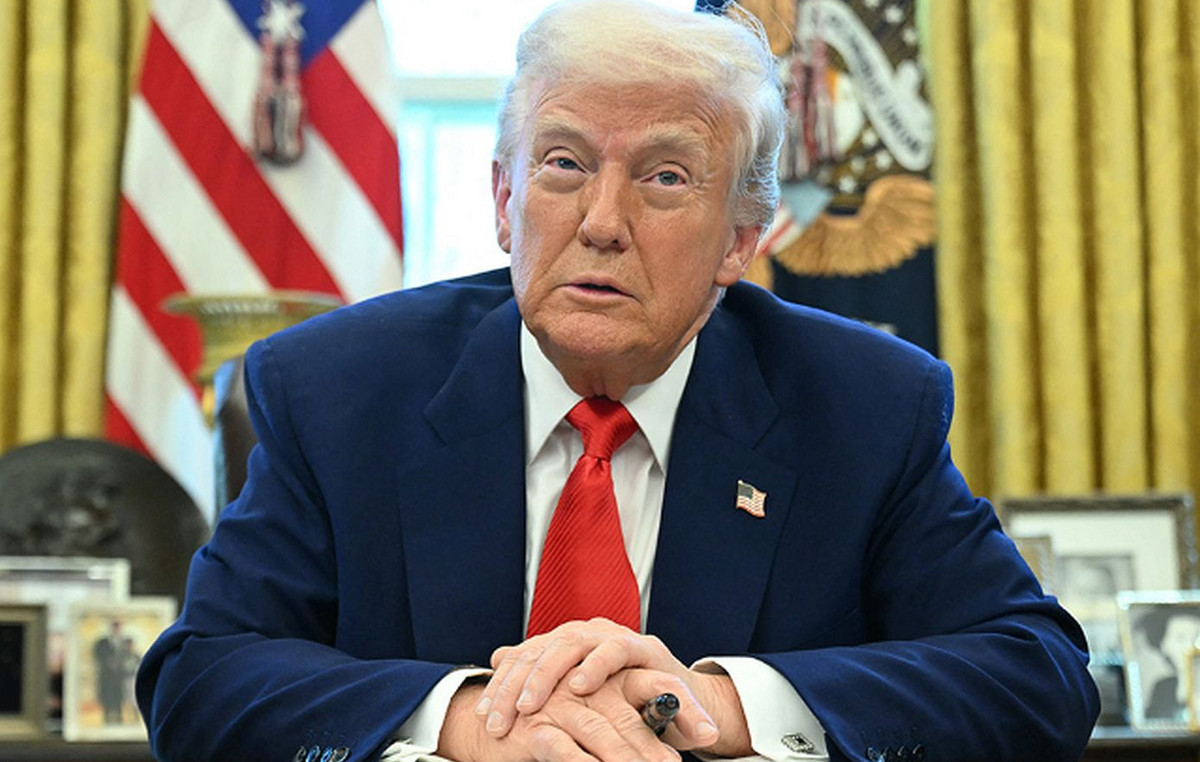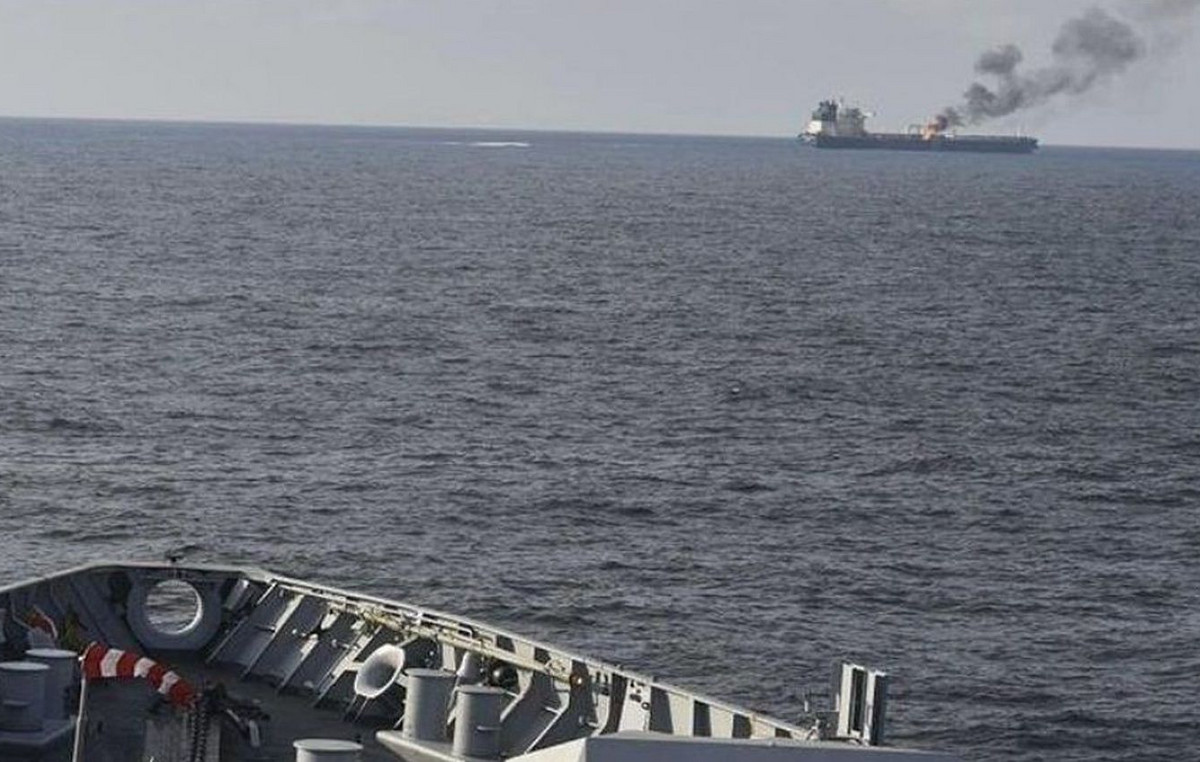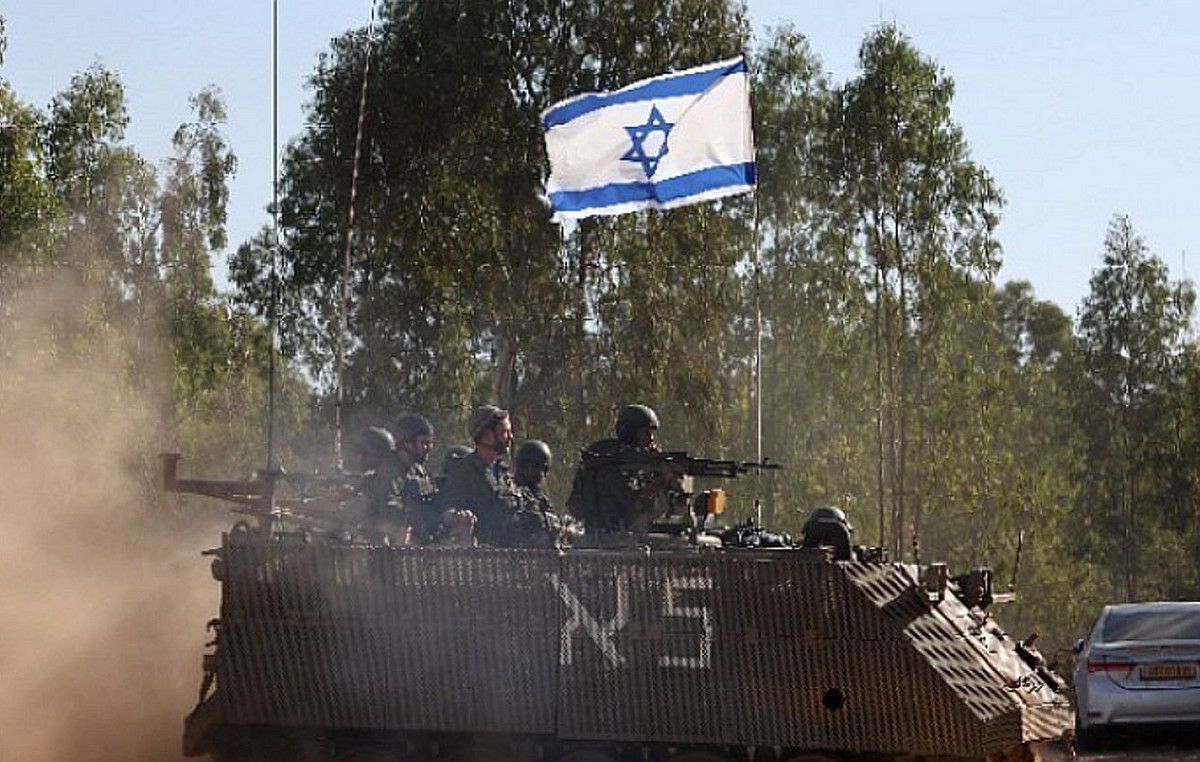Relations between Russia and the West have become more tense this week, raising concerns that a direct confrontation between the two sides could be possible, according to CNBCN.
In recent days, for example, Russia has cut off gas supplies to two European countries – Bulgaria and Poland – and has repeatedly warned the West that the risk of a nuclear war is “very real”.
Russian President Vladimir Putin also said that any foreign intervention in Ukraine would provoke an “immediate” response from Moscow, while the Russian Foreign Ministry warned NATO not to test the Kremlin’s patience.
On the other hand, Western officials criticized Russia’s “dangerous” rhetoric about a nuclear war, with the United Kingdom calling on its Western allies to “double” their support for Ukraine.
In this context, CNBC contacted strategic analysts to express their views on whether a direct confrontation between Russia and the West is possible.
Nuclear attack?
Earlier in the week, Russian Foreign Minister Sergei Lavrov warned that the threat of a nuclear war “could not be underestimated” and noted that NATO arms supplies to Ukraine were tantamount to the involvement of a military alliance in a war. representatives with Russia.
Putin “strengthened” the war rhetoric on Wednesday, threatening with “immediate” retaliation against any country that intervenes in the war in Ukraine and creates – as he called it – “strategic threats to Russia.” He also noted that Russia has the “tools” for these retaliations, tools “that no one else can boast of having”. “We will use them if necessary,” he threatened.
However, strategic analysts told CNBC that Putin was playing a threat to the West and that the chances of war were slim.
“I do not think at the moment it is likely that there will be a nuclear war or World War III that actually extends so far beyond the Ukrainian border,” Samuel Ramani, a geopolitical analyst and associate at the Royal United Services Institute, told CNBC. “If there is an escalation of the conflict, we will probably see Moldova vulnerable to an invasion,” he added.
He also noted that Russia has a long history of using nuclear threats as a means of deterring the West from pursuing unpopular security policies, with escalating war rhetoric aimed at deterring NATO member states from surrendering. heavy weapons in Ukraine.
Dangerous moment
However, Ramani noted that the Russian threat could become more intense if Russia feels humiliated on the battlefield. In particular, the military retreat in Ukraine around May 9 could be a threat, the “Victory Day” in Russia (the anniversary of the defeat of Nazi Germany by the Soviet Union in World War II).
“Putin has a history of escalating unpredictable behavior and if he feels that Russia is being humiliated in some way and there are significant concessions, especially around May 9, then there is a risk of unpredictable action,” he said. of mutual destruction that we hope will hold everyone back. ”
The threat of nuclear attacks is part of Putin’s “manual,” said William Alberque, director of strategy, technology and weapons control at the think tank of the International Institute for Strategic Studies.
“Putin enjoys taking risks and believes he has a much greater appetite for risk than the West,” he told CNBC. “He is trying to use his old textbook ‘if I scare you enough, you will give up’,” Alberque added.
“Ultimately, if it uses nuclear weapons, even a demonstration strike, it will turn Russia into a global outcast,” Alberque said. He advised Western leaders: “We just have to be able to manage our risk and keep our courage and not panic when he does something we might not expect.”
“There is no indication that there will be a direct confrontation,” Liviu Horovitz, a nuclear policy researcher at the German Institute for International Affairs and Security, told CNBC. “Both the US and Western European governments have repeatedly stated that they are not interested in escalating this conflict beyond Ukraine and I do not see any indication that NATO troops will fight in Ukraine any time soon,” he said.
“Nevertheless, if a wider war breaks out,” NATO’s overall capabilities outweigh those of Russia, “he said. What is important now is that “all sides should avoid any steps that could create misunderstandings,” he said, “steps that could lead to a potentially catastrophic war.”
Economical war
While NATO has refrained from providing any assistance to Ukraine that could be misinterpreted as a direct attack on Russia, Western allies continue to put pressure on Moscow.
Indeed, Russia’s economic losses are growing day by day, in the form of more sanctions on companies, key industries and officials close to or within Putin’s circle. Russia’s Economy Ministry expects the economy to shrink as a result of sanctions by 8.8% in 2022 in the baseline scenario, or by 12.4% in a more conservative scenario, according to Reuters.
For its part, Russia has sought to respond with its own “blows” to European countries that are heavily dependent on Russian gas imports. This week it suspended supplies to Poland and Bulgaria because they refused to pay for gas in rubles. Russia’s move has been described as “blackmail” by the EU.
While a direct confrontation between Russia and the West remains unlikely, a close Russian observer has said that Western governments need to instill in their people a “war mentality” to prepare them for the difficulties they could face as the economic consequences of war continue, including rising energy costs and disruptions in supply chains.
“We are likely to see a further escalation of the economic war because, in a way, this is a sensible move by both sides, who find it very difficult to fight each other directly because of the dangers of nuclear escalation,” he told CNBC. Maximilian Hess, Associate Professor at the Institute for Foreign Policy Research.
“Russia will cut off gas to more countries, strengthen its demand for ruble payments, and the West must prepare for this with a full-blown war mentality, making Western people realize that this will have real economic costs and real consequences. “In the cost of goods, in the cost of living and in inflation in the years to come,” Hess said. this subject”.
Other notable points
After more than two months of war, Russia has extended its control over territories in eastern and southern Ukraine, trying to build a land bridge from Russia through the Donbas region to the annexed territory of Crimea. But Moscow has also suffered heavy losses in manpower and weapons.
Meanwhile, the West continues to promise more and more support to Ukraine, and the country’s forces are putting up strong resistance to Russian troops, signaling a protracted and bloody conflict that will last a long time. NATO chief Jens Stoltenberg warned on Thursday that the war in Ukraine could last for years.
Andrius Tursa, Teneo Intelligence’s adviser on Central and Eastern Europe, said in this context, “there is no end in sight to Russia’s war in Ukraine and relations with the West are likely to continue to deteriorate.”
“Rhetoric in Russia has already shifted from statements about fighting ‘nationalists’ in Ukraine to an alleged proxy war with NATO. A number of incidents could further escalate tensions with the West,” he said. “Incidents such as the recent explosions in the breakaway Moldovan region of Transnistria (which could serve as a pretext for an increased Russian presence in the region) could bring the war dangerously close to the NATO border,” Tursa said.
“Moscow could also intensify threats to NATO over arms supplies to Ukraine, especially after the numerous military and energy installations in Russia allegedly hit by Ukraine. Finally, the decisions of Finland and Sweden to “NATO membership would be perceived by Moscow as another threat to Russia’s security and could increase military tensions in the Baltic region,” Tursa said.
Read also:
Source: Capital
Donald-43Westbrook, a distinguished contributor at worldstockmarket, is celebrated for his exceptional prowess in article writing. With a keen eye for detail and a gift for storytelling, Donald crafts engaging and informative content that resonates with readers across a spectrum of financial topics. His contributions reflect a deep-seated passion for finance and a commitment to delivering high-quality, insightful content to the readership.

